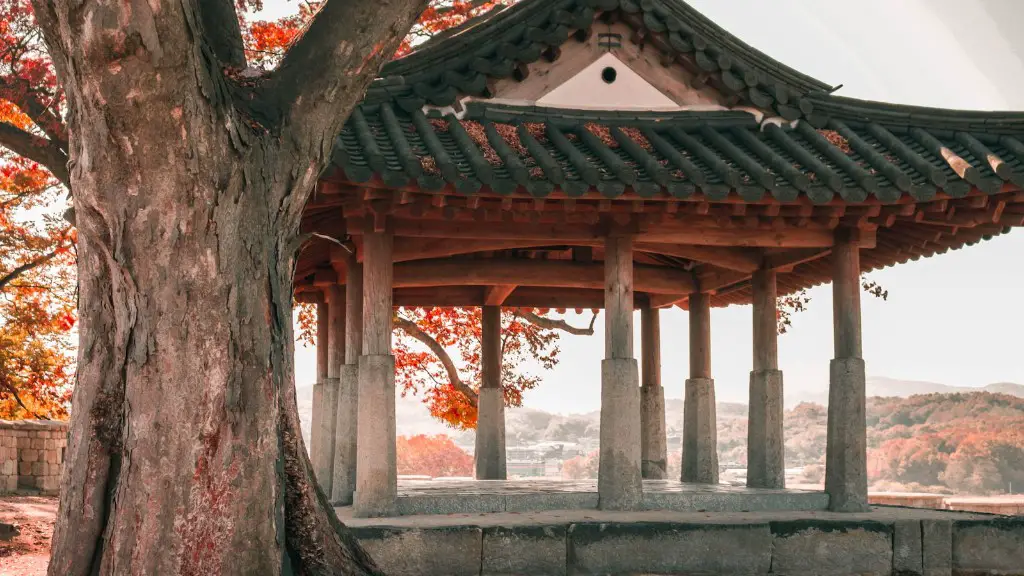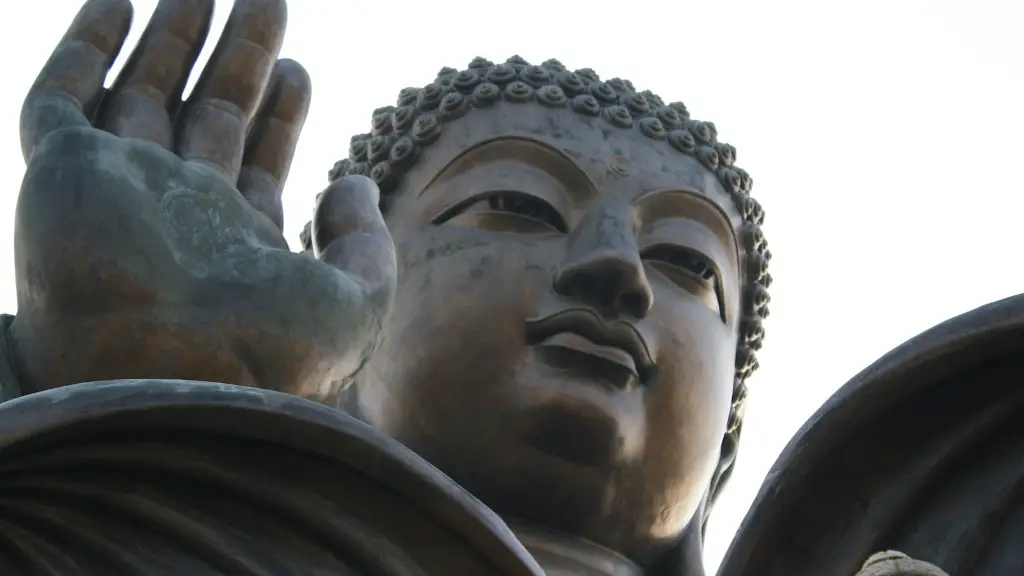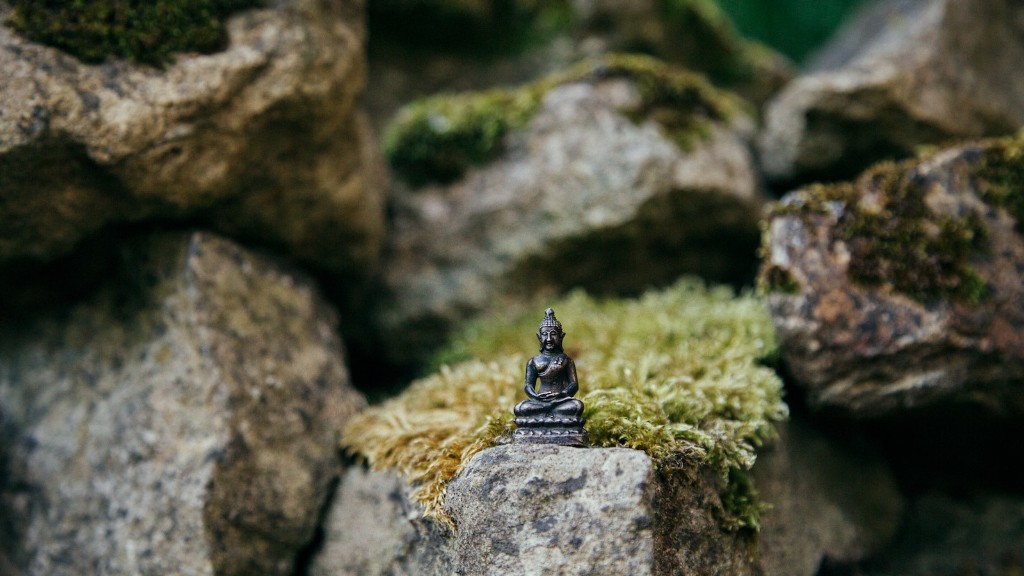Hinduism is one of the world’s oldest religions, with origins that date back many thousands of years. With over 1 billion followers worldwide, it is the third largest religion behind Christianity and Islam. As a result of its diverse range of beliefs, practices, and traditions, Hinduism is sometimes referred to as “the way of life”, with the core values of its adherents based on faith, devotion, purity, and non-violence.
In its simplest form, Hinduism is an expression of faith, a gesture towards the unknown. Devoted Hindus express reverence for the deities that are central to their daily lives, and to the teachings that have kept them united for millennia. Beliefs encompass a wide range of spiritual traditions, from reverence for the sacred cow to the practice of meditation. There are many strands of the religion and it is highly individualistic, personalized according to the practitioner’s level of devotion.
Most Hindus identify with either one or all of the four major branches, or denominations, of Hinduism: Shaivism, Vaishnavism, Smartism and Shaktism. These branches reflect the various faiths held by different adherents, and provide a platform for diverse dialogues and debates. Each branch offers its own interpretation of the texts and practices that are used to express the unifying principles of the religion.
In general, Hinduism can be divided into two distinct areas: faith and practice. Adherents of the religion have a strong faith in the powers and prerogatives of the gods that are believed to exist and shape the universe. This faith is expressed in a variety of ways, including the use of mantras, hymns, rituals, and offerings. To practice Hinduism, one must put these beliefs into practice, often through yoga and meditation.
Although Hinduism is primarily practised in India, its influence is global and growing. In recent decades, the religion has seen considerable growth in the West, particularly in the United Kingdom, the United States, and Australia. Many Hindus in the West are actively involved in the promotion and understanding of their religion abroad, while others are more passive and remain connected to their faith only through a distant commitment.
Hinduism is sometimes described as a “catch-all” faith, meaning that its adherents can express their beliefs in any number of ways. However, for many Hindus, the practice of their faith is rooted in its foundation texts and the teachings of the ancient sages. Additionally, Hindus have a strong obligation to adhere to the core principles of the religion, including non-violence, compassion, generosity, and ahimsa (non-injury).
The Philosophy of Hinduism
At the heart of Hinduism is a set of philosophical ideas and teachings that provide guidance to believers. A key tenet of these beliefs is the concept of karma, or action, which suggests that all of a person’s actions will have consequences. In this way, Hindus strive to live in such a way that they attract positive outcomes and avoid negative ones. Conceptually, karma is viewed as being integral to the cosmic order and is a core part of understanding the relationship between the individual, society, and the divine.
These philosophical teachings also stress the importance of attaining moksha, or spiritual liberation, which is believed to be the highest goal of any Hindu. To do so, individuals must lead righteous and pious lives, following the values and admonitions that are presented in the Vedas, Upanishads, and other scriptures. Hindus often meditate and practice yoga as a means to achieving spiritual attainment, and these practices are part of the cornerstone of the religion.
A belief in reincarnation is also essential to the Hindu faith, and exists alongside a belief in a cyclical nature of birth and death. The soul, which is seen to be the true essence of the individual, is thought to be eternal and seamlessly transmigrates from one body to the next with the karmic cycle. Liberation, in this case, is attained when the individual is no longer bound by the cycle of death and rebirth and is instead united with the divine.
Festivals and Celebrations in Hinduism
Festivals and celebrations are important aspects of Hinduism, with adherents often taking part in religious rites and rituals, as well as observing days and weeks of spiritual importance. The most widely celebrated festival of the year is Diwali, the Festival of Lights, which marks the beginning of the Hindu New Year and and celebrates the triumph of light over darkness.
Another celebratory period is known as Navaratri, or Nine Nights, where devotees honor the nine different forms of the goddess Durga. During each night of the festival, Hindus worship one of the aspects of the goddess and fast for spiritual purification. The festivals of Holi, Rama Navami, and Vishu are also celebrated with much fanfare, as are Annakuta and Makar Sankranti.
The traditional ceremonies of Hinduism are also held throughout the year, and often involve elaborate rituals and offerings in honor of the gods. These include the sacred thread ceremony, the fire ceremony, and various rites of passage such as weddings and funerals. Each of these ceremonies is steeped in symbolism, with devotees seeking guidance and strength in facing the events of life.
Cultural Expressions in Hinduism
Hinduism has a wide range of cultural expressions, from festivals and ceremonies to art, music, and literature. The arts are seen as expressions of faith and devotion and serve to enhance the spiritual journey of its devotees. Music and dance, in particular, are widely practiced, with the reciting of mantras and classical ragas often used to communicate with the gods. Additionally, Hindu texts are filled with stories and tales about the gods and morality, which provide valuable lessons for believers.
Hinduism also has a strong focus on its sacred architecture, from the iconic temples of India to the stunning carved shrines of its jungle regions. Pilgrimages are an important part of the religion and Hindus often undertake long journeys to seek spiritual solace at a variety of holy sites. Many of these destinations feature intricate facades and elaborate statues, as well as a range of rituals that are intended to encourage meditation and experience of the divine.
Finally, Hinduism is characterized by its reverence for nature in all its forms, from an interest in vegetarianism and ecology to rituals that feed into a deep respect for the environment. Hindus have an inherent trust of the natural order and this is reflected in their way of life.
Relationships in Hinduism
Relationships are at the center of Hinduism, with adherents viewing the family as the basis of their religious life. These bonds are seen as intrinsic to the nature of the universe, and therefore form part of the communal endeavor of living a morally and spiritually sound life. A key concept in this regard is dharma, or duty, which requires individuals to do the right thing within their family and society.
Traditional roles are also embraced within the Hindu community, with families relying on the strong framework of joint households and multigenerational relationships to support one another. This system of living is often seen as necessary to ensuring harmony and balance in the home, and marriages are usually arranged in keeping with a person’s caste and family background.
The Hindu emphasis on relationships also exists in its wider communities, with adherents giving generously of their time, energy, and wealth in order to serve the larger social needs. The religion teaches that individuals should take responsibility for their actions and strive to improve the lives of their fellow beings. Additionally, the concept of ahimsa states that violence is never acceptable and must be avoided under all circumstances.
The Modern Relevance of Hinduism
As Hinduism grows in popularity in the West, many see its teachings as providing valuable insight into modern life. For example, many of its core beliefs — such as karma, reincarnation, and ahimsa — have now become common concepts in popular culture. Additionally, meditation and yoga are now widely practiced around the world and have become part of the everyday lexicon.
The cultural expressions of Hinduism have also extended, with literature, music, and art all now being studied, appreciated, and shared more widely, while festivals such as Diwali, Navaratri, and Holi have become celebrated around the world.
Ultimately, Hinduism is a faith that has endured for many centuries and its teachings are as relevant now as they ever have been. For many, the religion is seen as providing a deep metaphysical understanding of the world and a moral compass for living life to the fullest.
The Practice of Yoga in Hinduism
Yoga is an ancient practice which is closely associated with Hinduism, and sees adherents striving for physical and mental wellbeing. An integral part of the religion, it is seen as a means to unite the body and spirit, allowing practitioners to experience the power of the divine within themselves. The practice of yoga helps to bring focus and calm to life, as well as to train the body for achieving spiritual excellence.
At its core, yoga is a way of attaining peace and stillness, as well as of developing knowledge and power. The disciplines and techniques used vary depending on the individual practitioner, but all involve the use of postures, meditation, and breathwork. It is believed that by mastering the practice of yoga, one’s whole being can be harmonized, making it possible to experience a greater sense of unity with the divine.
Although related to Hinduism, yoga is a broad practice that has become increasingly popular in recent years, with devotees from all walks of life being drawn to its numerous physical and mental benefits. While the ultimate aim of yoga is spiritual liberation, even those who have little interest in spirituality can still find tremendous benefit in its various techniques and postures.
Women in Hinduism
Despite its heavy emphasis on patriarchy, Hinduism also holds underlying respect for women and their role in society. In the Hindu tradition, a woman is held in incredibly high regard for being the source of all life, being seen as the protector and preserver of the family, and for being the embodiment of shakti, or divine energy. She is responsible for giving birth to children and shaping their strong spiritual and moral character, and is still the primary caregiver in most Hindu families today.
However, due to the society’s embrace of the concept of male authority, women’s role and status has been traditionally limited. While women have always been respected for their essential role in Hinduism, their rights to property and inheritances in particular have often gone underrated. Despite this, the principles of the religion have always provided a level of protection and respect for women, and this is increasingly recognized today.
In recent years, more attention has been given to the rights and roles of women in Hinduism, with greater emphasis now being placed on the liberation and empowerment of females. This shift has prompted a deeper understanding of the importance of female deities such as Durga, Kali, and Lakshmi, who are seen to embody the strength and protection of the divine.


